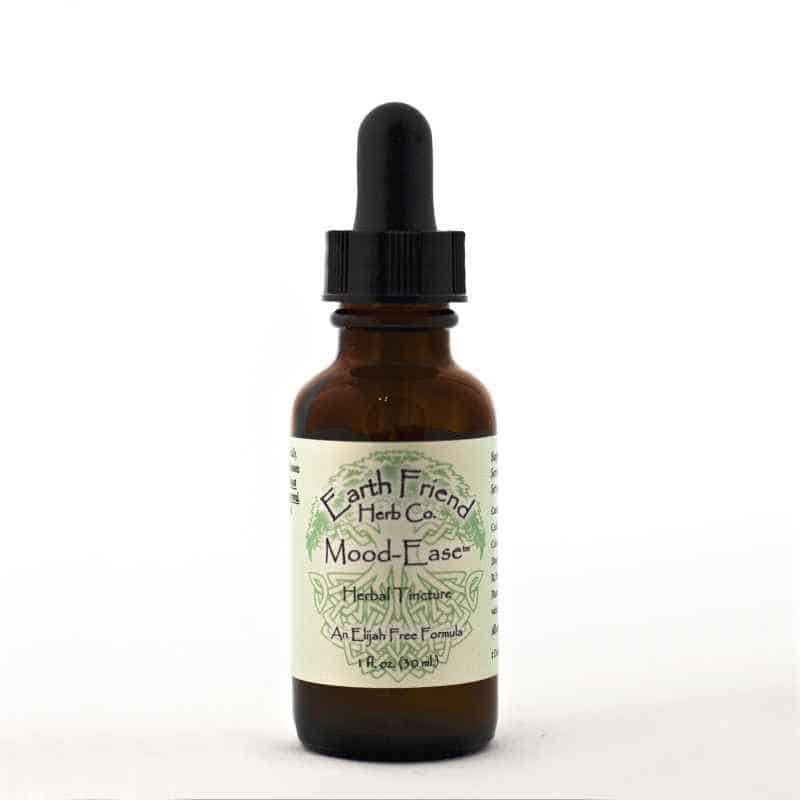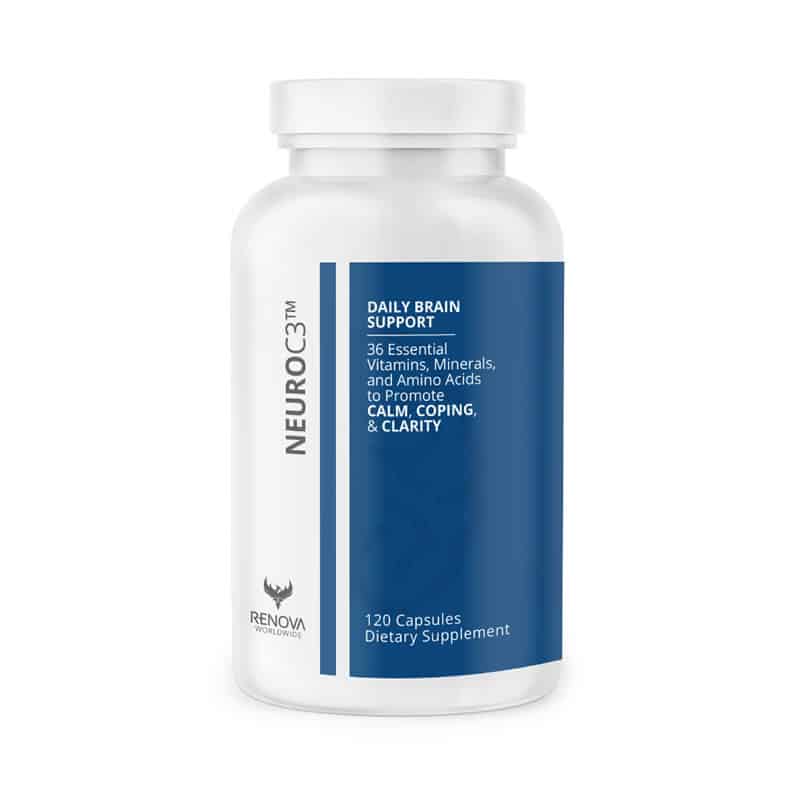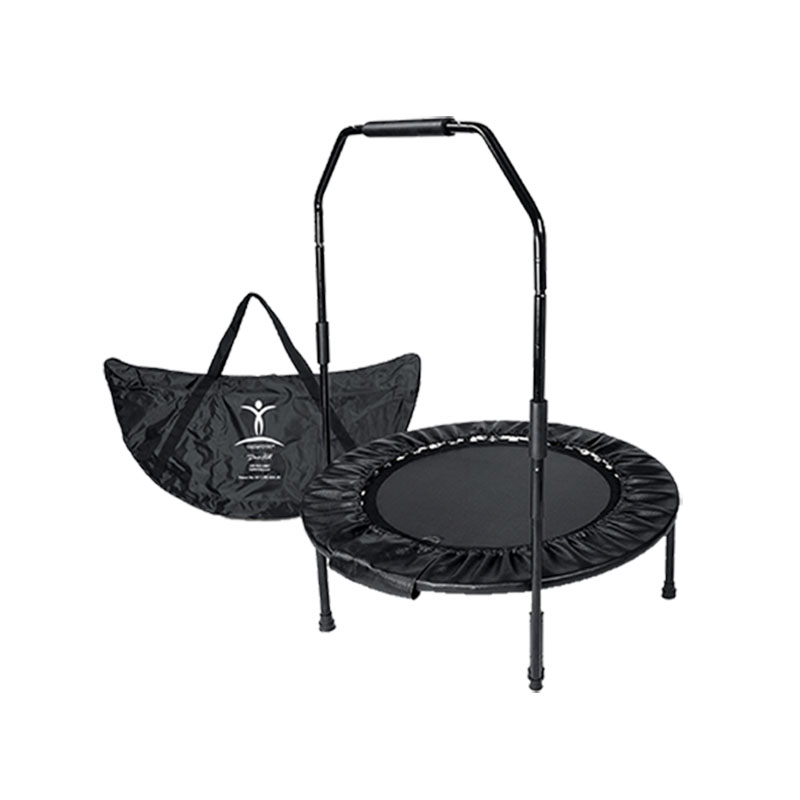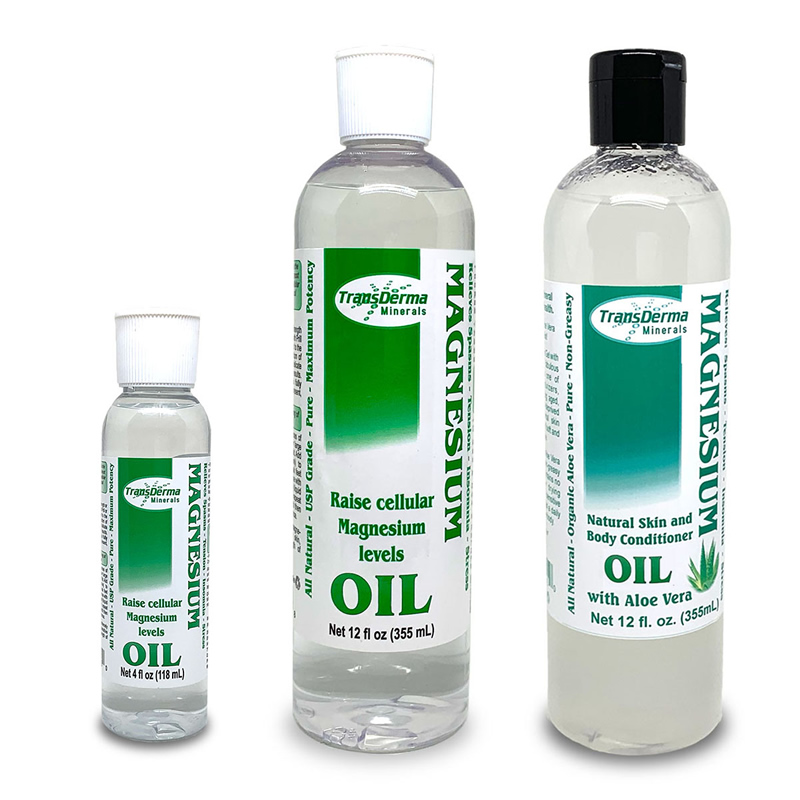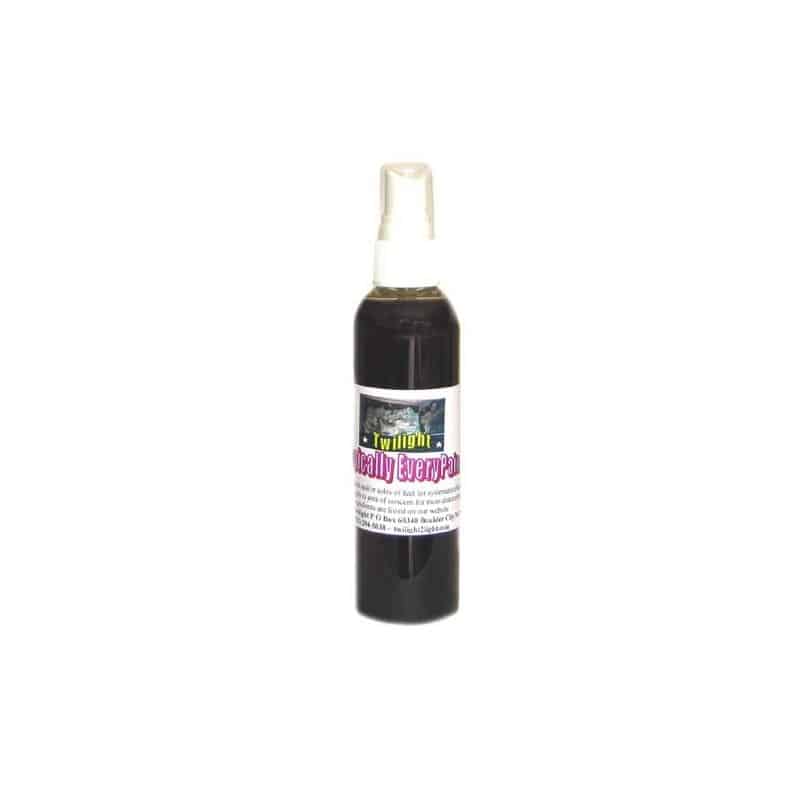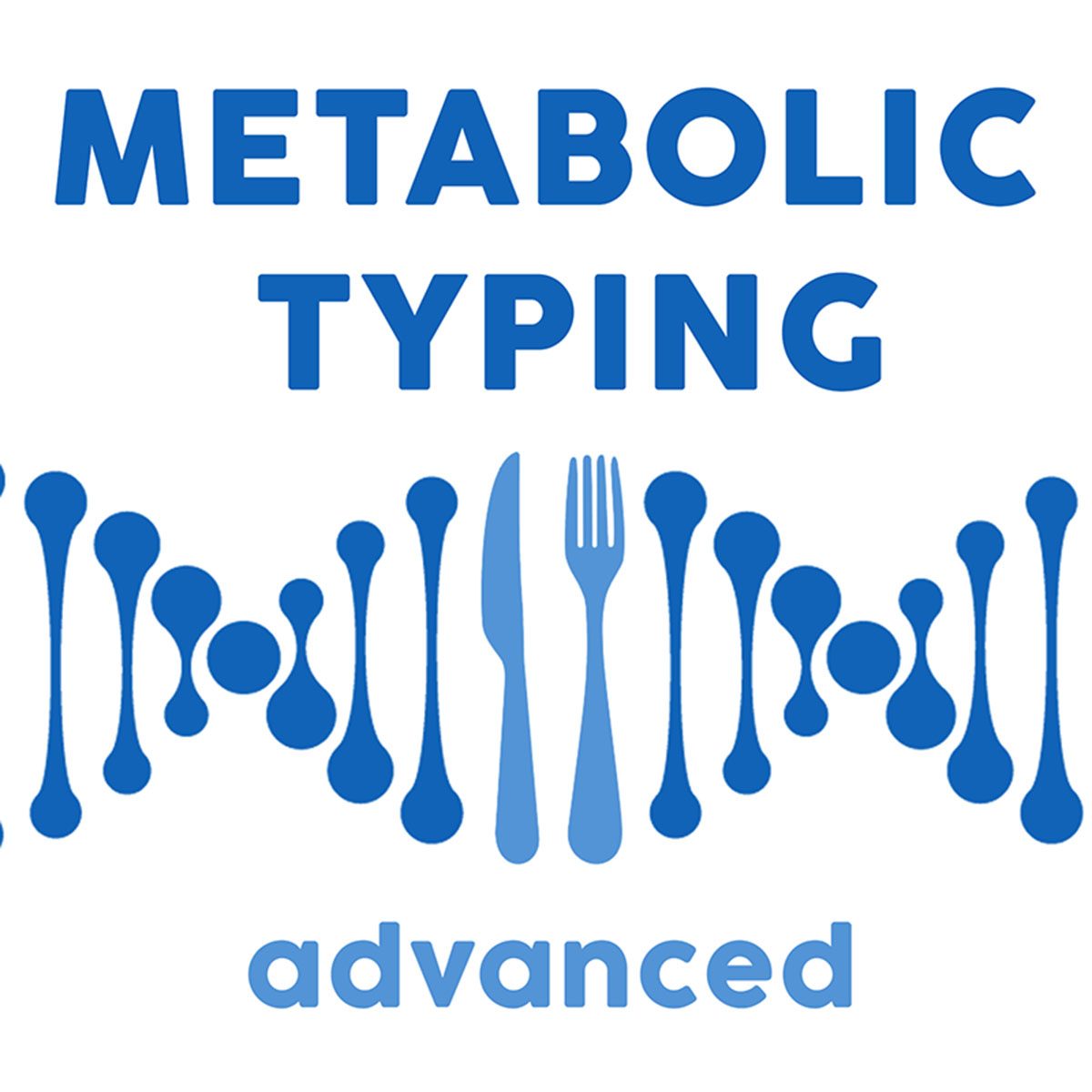No products in the cart.
Podcast: Play in new window | Download
Subscribe: Apple Podcasts | Google Podcasts | Amazon Music | Email | RSS
Podcast 140: End of Depression
Scott gives a brief review of all the ways to get sick that they’ve already discussed. Martin goes on to say…
If a person really wants to depress their immune system and open themselves up for illness, this is the foundational principle, and it’s summed-up by this word – Fear – be afraid – be very afraid. As soon as you kick-in the hormonal stress response that’s associated with fear, you’re putting yourself directly onto the path of lowered resistance.
Depression is yet another of those problems that do not have a single point solution. Yes, the establishment offers the all-so-wonderful serotonin re-uptake inhibitors that apparently mess with the brain enough to give you the illusion that you are no longer depressed.
The real solution for depression is to raise your level of joy so that the down moments become insignificant. A well body does not become depressed. A body that is standing proud will not allow you to feel depressed (as opposed to shoulders slouched, shallow breathing, eyes downcast, with the Eyore voice tones).
Depression is frequently related to imbalanced levels of calcium and magnesium, with low levels being associated with anxiety. After comparing backgrounds of patients who required very high doses of calcium (over 4,000mg daily, just to barely reach normal levels), it turned out that a very large percentage had a history of benzodiazepine (tranquilizers/sedatives) use.
Podcast 140: End of Depression
Scott: Welcome back everybody, you’re listening to the Life Enthusiast online radio network. Restoring vitality to you and to the planet. I’m your co-host Scott Paton along with Life Enthusiast’s founder and chief bottle washer, Martin Pytela. Hey Martin, how you doing today?
Martin: I’m very good, Scott. Thanks for asking.
Scott: Awesome.
Martin: You do this so well … online radio. You know, I feel like we actually have a nice little community going. People call and say “I’ve been listening to your …. I cannot believe it, I’m talking to you!”
Scott: You’re a celebrity Martin!
Martin: I am, but the nice thing is that really, that there are people who are paying attention. And I’m really feeling very grateful that we’re able to share the wisdom and do something for people in the big picture.
Scott: Yeah, me too.
Martin: Quite the load for some.
Scott: That’s right. And our last, quite a few months of podcasting and radio shows has been on what to do to get sick. And we’ve covered things like, you know, how important the sun is, so if you want to get sick make sure that you don’t get any sunlight. And staying up late is important, and don’t sweat. Even things like fluoride, and artificial sweeteners and microwaves, and the importance of getting tattoos if you want to really help yourself feel down… and we’ve covered travelling in airplanes and electromagnetic energies and all the importance of slathering all sorts of really petroleum based oil products on your or skin products on your skin, and medications and aerobic exercises versus anaerobic exercises, and we’ve even talked about taboo topics like breast implants. Along with toxic homes and synthetic fibers, and how to breathe so that you can get sick easier, and irradiated food, and tight underclothes and I mean the list…. you know, going and see your doctor and how important that was if you really want to get sick and we’ve kind of got to the end of this section, or this series of shows and we wanted to tie it all in, not by giving you the laundry list that I just did, but we’re talking about what we think is probably one of the most important aspects of …
Martin: Getting sick
Scott: Getting sick… and how important this is, and it of course brings all these other things to us, like a super magnet with iron fillings, right?
Martin: Yes, yeah filings…
Scott: I mean.. filings… yeah. Fillings … (laughter).Do you have iron fillings in your teeth like I do, and you go buy a magnet and your whole face comes shooting across the room?
Martin: Oh, it’s too funny And umm yes, right, I definitely would like to bring it all together. Tie it…
Scott: And you were adamant that we talk about this too, when
Martin: Oh absolutely. I feel very strongly about this, because if a person really wants to depress their immune system and open themselves up for illness, this is the foundational principal and its summed up by this word….fear.
Scott: Hmmm
Martin: Be afraid, be very afraid. That’s what fear does. As soon as you kick in the hormonal stress response that’s associated with fear, you are putting yourself directly onto the path of lowered resistance to the outside, what shall we call it? Invaders.
Scott: Yeah, and I think it’s been… you know, a lot of people talk about like, the opposite of fear would be maybe laughter, or that would be one behavior that would be diametrically opposed to fear, and yet, there are stories of people that cured themselves of cancer by watching comedy movies every night, and with their partner and just laughing their head off at this stuff and so those changes in states have a physiological impact on our bodies.
Martin: Absolutely. When you, yeah physiological.. that’s the word that should be used. When you specifically change your physiology, you change your emotions and those two things are tied together. You can take either direction. You can either change your physiology, or change your thinking. For instance, a study was done on depression and if you want to feel depressed, the way you do it, is you need to sort of hunch over a little bit. You need to sort of gaze downward and not up. You need to round your shoulders and start breathing shallowly.
Scott: And make sure the corners of your mouth don’t point up.
Martin: No, no. So this is sort of the physiological posture of depressed. Anyway the study was done on this, each person that was known as having depression was asked to spend 20 minutes a day in the opposite. Standing erect, chin up, chest forward, staring at themselves into a mirror with a grin on their face.
Scott: Huh..
Martin: It’s an impossibility to feel depressed. Anyway, this therapy was more effective than any pharmaceuticals.
Scott: Awesome.
Martin: It was. Unfortunately it’s not promoted. Because the manufacturers of mirrors are not allowed to advertise mirrors as antidepressants.
Scott: laughs. Could you imagine if they made like a, I guess it would have to have like a camera or a mirror that took you and then morphed you. You know they do these morph things and..
Martin: Oh yeah yeah…
Scott: And you look at yourself, and even if you were depressed and looking at yourself in the mirror..
Martin: Yes, and you break out laughing.
Scott: You’re laughing at yourself in the mirror, even though you’re sitting there, like… uh poor me…
Martin: Yes
Scott: But, yeah and also there’s a lot of fear mongering that goes on in the media, and you know, at the coffee, in the coffee room, on coffee breaks and everything else about things like swine flu, and AIDS.
Martin: Yes, yes this would be one particularly important aspect would be to fill your mind with the entertainment. You know, watch the News channel lots because it’ll certainly help you feel like you belong with everybody else.
Scott: Right.
Martin: Yeah, I’m thinking, yeah I want to be like everyone else, you know, I want to participate, right? I want to belong. So if everybody is totally worried about swine flu, well I guess I should be with everyone else, worried about swine flu. So not only will I get a chance of getting it, I will also by depressing my immune system, improve my chances of getting it. Yes, so, now what, right?
Scott: Self fulfilling prophecy, right?
Martin: Oh totally, totally.
Scott: And we’re not really talking, I mean the extreme of it is, hypochondriacs. Right?
Martin: Right, yes.
Scott: But that’s not really what we’re talking about here, we’re just talking about your general, basic state of mind and how important that is for your overall health.
Martin: That’s right, yes. So, well, I guess we need to stay on the topic and tell people about some other ways they could depress their immune system. One other good one is sugar. I forgot to mention it earlier on, I think. Maybe we did mention it, but did you know that one teaspoon of sugar is alleged to depress your immune function by about 50%?
Scott: Wow.
Martin: So that’s pretty dampening. Ok, so how we do it? Ok so we feel bad about something, like watching the news. Then we dish out a bit of ice cream because we just need some pacifier to feel better about things, right?
Scott: Right, right.
Martin: And then oops, that’s not really all that good because it’s going to depress our immune system.
Scott: And then we start feeling yucky.
Martin: Yeah, oh yeah, well you know, the rebound effect of a bowl of ice cream, right?
Scott: Exactly, yeah.
Martin: So, if you’re going to eat ice cream, do it in the last hour before you’re ready to go to bed. At least do that. Actually, I’m saying it wrong, right? (Laughs) Because that’s the least damage you would cause by ice cream if you eat it just before you’re ready to go to sleep. Because ice cream will whack your blood sugar levels, you know, knock you over, first into this super sugar mode so you’ll be active for a brief amount of time, and then your enzymes kick in, your insulin kicks in, and you’ll start feeling fairly dozy and dopey.
Scott: Oooh, so maybe that’s why people have a bowl of ice cream late in the day.
Martin: Oh it helps them go to sleep.
Scott: Huh, interesting. And of course with the immune system down, if you’re asleep, you’re not in a room full of other people who are hacking and coughing.
Martin: Right, yeah. So, that at least lowers your chance of getting infected or something.
Scott: Right, right. Huh.
Martin: But that’s not what we want, right? We want people to get sick, so I always keep mixing my metaphors. Not saying it right. If you want to get sick, eat ice cream…. all the other times.
Scott: That’s right, that’s right.
Martin: Actually, I just keep thinking of my parents. You know, I try to reason with them about healthy lifestyles. And I just get no traction. You know, in my 57 years, you know, I carry all these certificates and acknowledgements and people know me. I actually know stuff, right?
Scott: Yeah.
Martin: But not Mom and Dad, you know. They just… I guess in my Dad’s eyes, I’m just some six year old boy that just has no clue about anything, right?
Scott: Well and that’s what happens, we are never prophets in our homeland, and it’s toughest often times in our family to get people to listen to us.
Martin: Yup. I guess that’ll be that. I recall getting called, you know, I get calls from somebody who’ll say, “I’m not calling for myself, I’m calling on behalf of my sister, I want to buy such-and-such for her. You know, she’s sick with something. Some example… she has real bad fibromyalgia and she’s in a lot of pain. And I want her to have this. And I’m saying, to the person. It really would be best if your sister called here.
Scott: Yeah.
Martin: Because she needs to have the desire for change. She is the one who needs to be asking for it. Because if you just get it, and put it in her hand, all that‘s gonna happen is that she’s gonna put it on the shelf somewhere and forget about it.
Scott: That’s right. Because there’s no buy-in, which is really important.
Martin: Yes. Of course, I should be telling them, Oh yes, it’s so wonderful of you to be looking after your sister. We really appreciate you spending your dollars on your dollars here with us. But, I just feel bad about it because I’m concerned that it’s just going to get wasted.
Scott: That’s right. Well our purpose is restoring vitality to you and to the world. And if we don’t think that’s what’s going to happen, then what’s the point?
Martin: Right.
Scott: You know, we’re not just chasing the almighty dollar here, we’re doing this because we want to make a difference.
Martin: Oh yeah, absolutely. That’s what we’re here for. The guy who wants to make a difference. So if I am afraid that I might not make enough of a difference, does that make my immune system depressed?
Scott: Oh, I suppose.
Martin: Oh Scott… laughs. I’m in trouble here.
Scott: laughs
Martin: All right, so, how do we make sure that your immune system stays depressed? Think dark gloomy thoughts. Imagine the worst possible outcomes. Focus on everything that might happen. Especially the sort of, the downside things.
Scott: Yup
Martin: Scott, I think I’ve already got you depressed.
Scott: laughs. Yeah, I’m thinking we need to start talking about happy things now. Happy thoughts.
Martin: Yeah, I think we need to just give up on this series of how to get sick, you know. I can’t stand it. Really.
Scott: It’s time to move into the bright and happy things. Because there’s lots of really good news out there. Lots of really good things happening and I think sometimes we …we also… I think here’s another thing too.. you were talking about the news and one thing that I think is really important is: If good news sold, we’d have good news newspapers all over the place and there are good news newspapers that only publish good news, but they’re very very much in the minority which basically tells that everybody likes to hear about you know, the big “fooferah” that occurred on the video awards ceremony last night.
Martin: Or how somebody messed up, or something like this.
Scott: Yeah, and even the President of the United States makes a comment about it that gets tweeted all over the place, right?
Martin: Yes
Scott: And you know, so, no one is talking about how good a musician this particular turkey was.
Martin: Yes
Scott: Before he went and opened his mouth and showed everybody what an idiot he could be.
Martin: Yes
Scott: And I’m sure he didn’t really think about what he was doing that closely.
Martin: No, just carried on, on an unthinking moment, yup.
Scott: So, it occurred to me, that people talk about global warming and the Antarctic ice floes melting and everything else, and you hear about that. But, that was only on the East or West side of the Antarctica. On the other side of Antarctica, there was more ice, deeper ice, than record levels of ice, in fact.
Martin: So if you looked from the East side, you would have to report that Antarctica is freezing over and the ice cover is thickening terribly.
Scott: Yeah, yeah. Instead of the other way around. Which to me, just says you know, a lot of people have an agenda. Not everybody and they give you the information that supports their agenda which isn’t necessarily all of the information that there is. And it may be that we’re going into a period of time where the weather is erratic or more extreme than we’re used to. But that doesn’t mean that, if you look back over the last 5000 years that there hasn’t been periods of very extreme weather. Maybe we were just in a period of… and that also doesn’t mean that we shouldn’t be reducing our emissions and our ecological footprint. I certainly believe that we should be.
Martin: Yeah.
Scott: but you know it can be for the right reasons as opposed to the fearful reasons. Being a point, right.
Martin: Yes, yeah. I completely agree. I actually agree with you on the point of the environmental issues. I think that the human influence on the weather is quite minimal. Although I do believe that environmental destruction is a bigger problem, and that’s not being talked about. I think there are too many large cities and there is too much pollution, and too much environmental destruction and too much competing with the wild animals for their terrain, where they should be.
Scott: Hmm hm.
Martin: I mean, that’s really a serious issue.
Scott: Yup. And yeah, OK, so here’s another good story. They’ve been looking in the Rocky Mountains, and they’ve basically come to the conclusion that (surprise, surprise) wild animals need a large area to roam in. Particularly wolves and bears and deer, and everything else… And our highway system of course cuts through a lot of these areas and the traffic is so, uh, busy on a lot of them
Martin: You can’t cross, yeah.
Scott: They can’t cross. There’s the equivalent of two cars a second crossing a certain part near Banff National Park, so there’s no way. So, what these people have started doing, is they have started building wild life corridors which basically partially, one aspect of it is, tunnels under these highways for the animals. And the animals are starting to learn, this is how you cross. You don’t go up there, there’s all these big metal things that hit us, you go underneath. And they’re tracking the animals that are going through, how are they getting used? Are they getting used? And all the rest of it. And they’re starting to see them actually doing that. So, this basically opens up dramatic areas for the animals to roam once they know how to get from one, kind of province to another province. Or one state to another state, if you want to put it that way.
Martin: Yeah.
Scott: Even though there’s no state boundaries or province boundaries, I’m using the highways as the boundaries. And they were very very excited about the results that they were seeing. And so we need to spend a little bit more time on figuring ways of co-exisiting peacefully with these animals of they’re going to be gone. Because I don’t think we’re going to be gone first.
Martin: No..(laughs)
Scott: It’s not likely, you know, we’re not endangered, they are.
Martin: Yeah, they are.
Scott: And if maybe not endangered in terms of extinction, but certainly in danger in terms of being… and I mean I know, I like, some of the areas that they were talking about. I drove and I just about hit a deer. I mean it was, I could see, its eyes were like four feet away from my eyes on the other side of the windshield
Martin: Yes
Scott: And it was bounding away, and thank goodness it got away. Right, I mean, I didn’t see it. I came around the corner, and there it was.
Martin: Yes, yeah it feels awful. I have nearly run into some too in my driving. So, ok.. I want to find the pearl of wisdom in here somehow. Oh I know, it wasn’t the fact that you know.. like when the forecast is for sunny weather, there are no sales of umbrellas possible, right?
Scott: hmm hm. Pretty rare.
Martin: Actually, pretty rare, right. So, it’s like, watch out folks, you’re going to be needing no umbrellas for the next two weeks. And I think this is the challenge that we have here, with Life Enthusiast. Because most of what we’re promoting is preventative. And preventative things, always sell less than crisis management things.
Scott: Hmm mm.
Martin: You know, like when you’re on your knees throwing up in pain, you’re just so much more receptive to my sales pitch than if you’re sitting in your chair feeling ok.
Scott: It’ true. And I wish it was changing, but you know I look around at what people are doing and it seems to be just the same.
Martin: Yup. So, I guess all I can do is just appeal to our listeners, and say folks, remember most of us are digging our graves with our teeth.
Scott: Ok, all right. So, we have said that this is kind of our last how to get sick show and I think if we’re going to end it, we shouldn’t end it on digging your grave with your teeth. We should end it on an uplifting… (laughter) ..note.
Martin: Ok. Well… Ok, what is it, you know.… a pint, a pound of remedy.. is equal to an ounce of? Whatever, no, I’m getting lost on this… this is about prevention.
Scott: An ounce of intervention is worth a pound of a cure.
Martin: A cure.
Scott: A pound of a cure. I think the biggest thing is, you talk to people all the time who have been in chronic pain, or have been in life threatening situations, or overweight, or have had some major problem and just by changing their lifestyle and making sure they’re putting nutrient dense food in their body they have made what would be considered miraculous changes.
Martin: Right.
Scott: Maybe you should tell us one of those stories.
Martin: Good stories.
Scott: Did I just put you on the spot?
Martin: Go right ahead, because I totally didn’t prepare for this. Yesterday I was talking to the fellow that I would consider one of my closest friends I have on this planet.
Scott: Wow.. I don’t remember talking to you. Not me? (laughter)
Martin: One of.. Ok?
Scott: One of… Ok
Martin: Anyway, I may have mentioned him before. But anyway, this fellow is 57 just like I am and he was an athlete, in his teens and early twenties he was on the national team in track and field and he continued as an athlete in his thirties and forties. He was competing in a masters series and he always skied and ran and whatever. You know, really an athletic guy.
Scott: Good for him.
Martin: Right. But about five years ago, he was telling me, you know, I’m in trouble. I have emphysema and I can’t seem to shake it. I get wheezy walking up two flights of stairs.
Scott: So, what’s emphysema?. Because I’ve heard that and I think I keep getting it mixed up with psoriasis or something.
Martin: Emphysema is an illness of the lungs. Where the tissue of the lungs becomes stiff with inflammation or scarred in such a way that.
Scott: You can’t get the oxygen in.
Martin: Yeah, the oxygen doesn’t enter. No matter how hard you’re breathing. It’s not getting in.
Scott: So here you have this person who all his life has been incredibly active and now he can’t barely walk up the stairs. Because he’s so tired.
Martin: Right.
Scott: Ok
Martin: Anyway I remembered right off the top of my head, it’s the enzymes. It’s the Proteolytic systemic enzyme that will do it. So I recommended that, and sure enough after two months, he was remarkably better. And after six months, he was skiing with guys twenty years younger in the Alps. Not just skiing somewhere, in the Alps. That all happens in altitude. I mean, we’re talking I mean, 8 – 10 thousand feet of elevation.
Scott: Right, right. Where there’s less air.
Martin: Oh yeah. Like, you better be in good shape before you go up there. Anyway, but this last conversation was about, that program was ok but what really made it much better was I finally told him you need to get on magnesium. You need to get soaking your feet in magnesium. you need to be rubbing the transdermal magnesium on your body parts especially legs and all that. And he said that when he started doing that in earnest, it made such phenomenal difference to his metabolism that he was just sharing last week, he was playing soccer with guys that are twenty years younger than him. And most of them cannot keep up with him.
Scott: So, you said on your legs Martin, I’m curious as to why you said that.
Martin: Ah, it’s just a big amount of skin down there.
Scott: Oh, Ok. I mean as opposed to like, your arms.
Martin: You can put it on your anywhere.
Scott: Anywhere. But you think its most effective on the easiest to put. And most effective on the legs.
Martin: Yeah, yeah. I mean I rub it on my belly when I get out. But he’s a runner, he likes to rub his legs. I think It’s a dual purpose. You know, I think he gets to both massage himself as the same time as apply this.
Scott: Hmm. Yeah, cool. Well, that’s important too.
Martin: Right. So here’s this fellow who is able to now, in his 57th year participate in sports, that he thought he was giving up on. And, I don’t know, how good can it be?
Scott: It doesn’t get any better than that.
Martin: And yet. And yet, you know. He says, you know. I tell everybody about the stuff I do. Then I said, and what happens? He said nothing much, they just look at me, Cock their head a little sideways, and say, Uh huh.
Scott: Yeah. You know, and that’s if we can go on a rant for just a second.
Martin: Yes.
Scott: There are, And maybe it’s not about the health and maybe its about the money. But you know, I’ve been exposed to a lot of companies that have on commission only sales people. If I can put it that way.
Martin: Yes, People that are really motivated by their direct response to whatever happens, right?.
Scott: Yup, and you know, they come out with these products and they sell a ton of them for six months or a year, or a couple of years, maybe longer. And I know that they’re probably not as effective as what your friend was using. But it just blows my mind that you can get a lot of people really hyped up about some acai juice and that has really.. I mean its much better I guess than drinking a milkshake or a coke.
Martin: Oh absolutely.
Scott: So if you substitute one for the other and you say, I mean if you would substitute it with water, they’d probably be just as happy.
Martin: laughs.
Scott: You know, it just amazes me, how people will take stuff, hype it up… and it becomes like a household word and yet it really ..its all the advertising and its really not the truth.
Martin: Well yeah, Acai as it’s pronounced in the home country of Brazil, is a wonderful fruit, you know. But it may be twice as good as blueberries. well it doesn’t make it the one thing. I mean the internet right now, I mean my spam trap keeps catching selling acai as weight loss, and pretty much the answer to everything, right?
Scott: Yup. It is the answer to everything, isn’t it?
Martin: It is …
Scott: laughter. So I guess, I dunno, there’s my kind of rant. You do good work, you got great products and yet, when people that have wonderful results like your friend tell their friends, nobody does anything and yet, you have all these people going to tea parties pumping the elixir of the month.
Martin: Yes
Scott: And yet we know that, I mean I asked you about one of them and you said well, Its flash pasteurized so all the enzymes are dead. And if I know one thing, I know that it’s really important to get lots of enzymes. So the enzyme part of it doesn’t ..isn’t there.
Martin: Yeah, that’s been killed.
Scott: So maybe there’s some other stuff that’s there but I think there’s a lot of vitamins that are heat sensitive as well. So, you’re left with this nice juicy tasting thing. the food itself in its whole form is wonderful and its great to have, but is it worth… you know, $60 bucks… for a bottle.
Scott: A bottle. A small bottle.
Martin: Yeah that’s the one thing… that is .. if I could only get that budget. I could save a lot of people. But anyway, what I’m really getting at is that, folks, there is good information out there. I appreciate those of you who are listening because obviously we’re preaching to the choir here. And I appreciate the choir, and I want you to know that we care and we will talk about the topics that you’ll bring us as far as what you want to hear about.
Scott: That’s right so if you want to leave some comments, head over to lifeenthusiast.podamatic.com and leave comments on any of the shows that you’ve listened to or any questions that you’ve got. We pay attention, and we’ll talk about those in upcoming shows, hopefully answer your questions. And Martin if somebody wanted to talk to you about some of the amazing things that the co op has to offer, how could they get a hold of you or find out about them?
Martin: Um.., here we are at 1-866-543-3388 or if it’s international, 775-299-4661. And the website. www.life-enthusiast.com. Thank you so much for listening.
Scott: And, what are we doing?
Martin: Oh yes, we are restoring vitality to you and to the planet.
Scott: See you next time everybody, bye bye.





